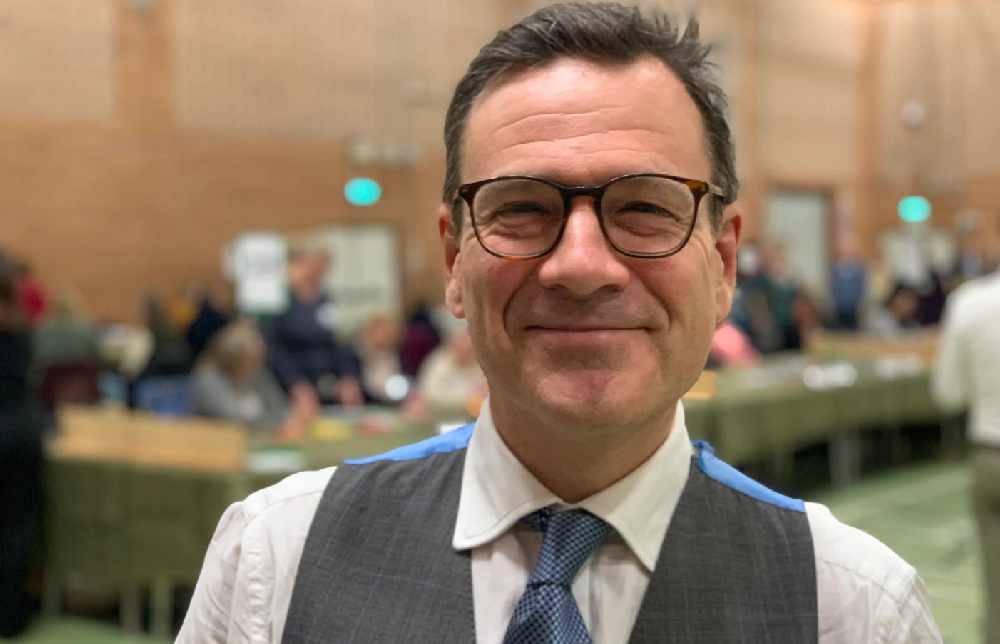
The Isle of Wight's MP failed to record a vote as a second nationwide lockdown was approved.
Bob Seely said "without the government publishing all of their advice it is difficult to make a completely informed decision".
32 Tory MPs voted against the Government, however Mr Seely said he abstained from voting at all.
The motion for a second lockdown was approved by a majority of 478 in the House of Commons earlier.
It comes despite the MP previously questioning the effectiveness of lockdowns. He had warned of the "devastating" impact the Isle of Wight could face if one was imposed.
He also took to Twitter, calling on the Government to accept new evidence - and saying that some of their "own evidence does not make sense".
Reacting after today's (lack of) vote, Mr Seely said:
"I did not vote for the Government today. However, in recognition of the complexity of the problem it faces, I abstained rather than voted against it.
"First, I want to thank care home and NHS staff on the Island for their invaluable work over the last few months.
"Second, there is much that Government has done well, specifically the work of the Vaccine Task Force has been world leading - we are invested into many potential vaccines. Testing, although imperfect, has increased exponentially. The situation may be different – and better within the next ten weeks.
"However, I list my concerns below:
- Covid is a highly contagious virus that kills between one in 100 and one in 500 people – UK health officials are still unclear on the precise numbers. For a small number of people who recover, Covid has more prolonged consequences – the so-called ‘long Covid.
- I am concerned at the scientific data being used to justify this decision. Many reputable experts now believe that lockdowns are flawed, and that they hurt the poorest most. We know that the last lockdown cost more in terms of life years than it saved, because an NHS report from July showed precisely that.
- We also know that some scientists are questioning both Government data and how that data is used. The 4,000 deaths per day statistic used last weekend in the national broadcast has already been shown to be highly questionable. Why shut gyms, why shut swimming pools? These are so low risk compared to the benefits. Why prevent people from playing outdoor sports such as tennis or golf?
- Second, we should not be framing this debate in terms of ‘saving life’ versus ‘saving the economy’, because there are short-term, medium-term and long-term health and economic effects that will take weeks, months and even years to understand. We need to find a way of preventing the most health harm, not only over the short term but also the medium and long-term too. So, for example, we know that poverty hurts and that poverty kills, although we know this to be difficult to measure precisely.
- I am very mindful that we have a higher than average number of older folks on the Island. I believe that a shielding strategy may not only do less harm and more good, but may also focus help better where it is needed as well as helping protect vulnerable people more. It is worth remembering that some elderly people may have had the serious risks to them inadvertently increased as a result of the preparations for a full national lockdown earlier this year.
- I also note that all those making decisions to take the UK into lockdown are very unlikely to be worse off; economically, emotionally or psychologically, unlike the freelancers, business people, musicians, artists, young people, pub and restaurant owners on the Island and elsewhere, whose lives will be very significantly affected, despite the very small risk to most of them.
- What concerns me most of all is that we need a strategy to live with the virus and to help people plan. Lockdown is not a strategy. How can people plan their lives? How can Island businesses plan their futures, how can people stay employed and livelihoods be protected, without a clear idea of what the future holds?
- We need a plan, for the medium and indeed long-term, which amounts to more than locking down until a vaccine arrives.
"I believe that Government must do the following:
- First, be more open with the science and encourage, in the spirit of academic and collegiate endeavour, inquiry and questioning from both independent experts and the public, so that we do our best to make sure we have the right answers.
- Second, outline a strategic approach to this problem: based on different scenarios, so that we have a clearer idea of what may happen next year.
"Covid is serious. No sensible human being denies that. There are no simple answers. If this lockdown works, that would be wonderful, but I fear we will be back in this position in one month because lockdowns only buy time, but are not a solution in themselves.
"I understand that this is a deeply complex problem. There are no good choices. I also acknowledge the work government has done to fight the virus. In addition, without the government publishing all of their advice it is also difficult to make a completely informed decision. Therefore, rather than to vote against this motion I will instead abstain.
"One of the ways we can become better informed is through public and Parliamentary debate. I hope now that Government will provide a broader range of data and put it in wider context, so that we can see the implications of lockdowns, not only related to immediate cases, but the significant longer-term health impacts as well as economic and social effects."
Restrictions will come into force from midnight and will see pubs, restaurants and most shops close for four weeks.

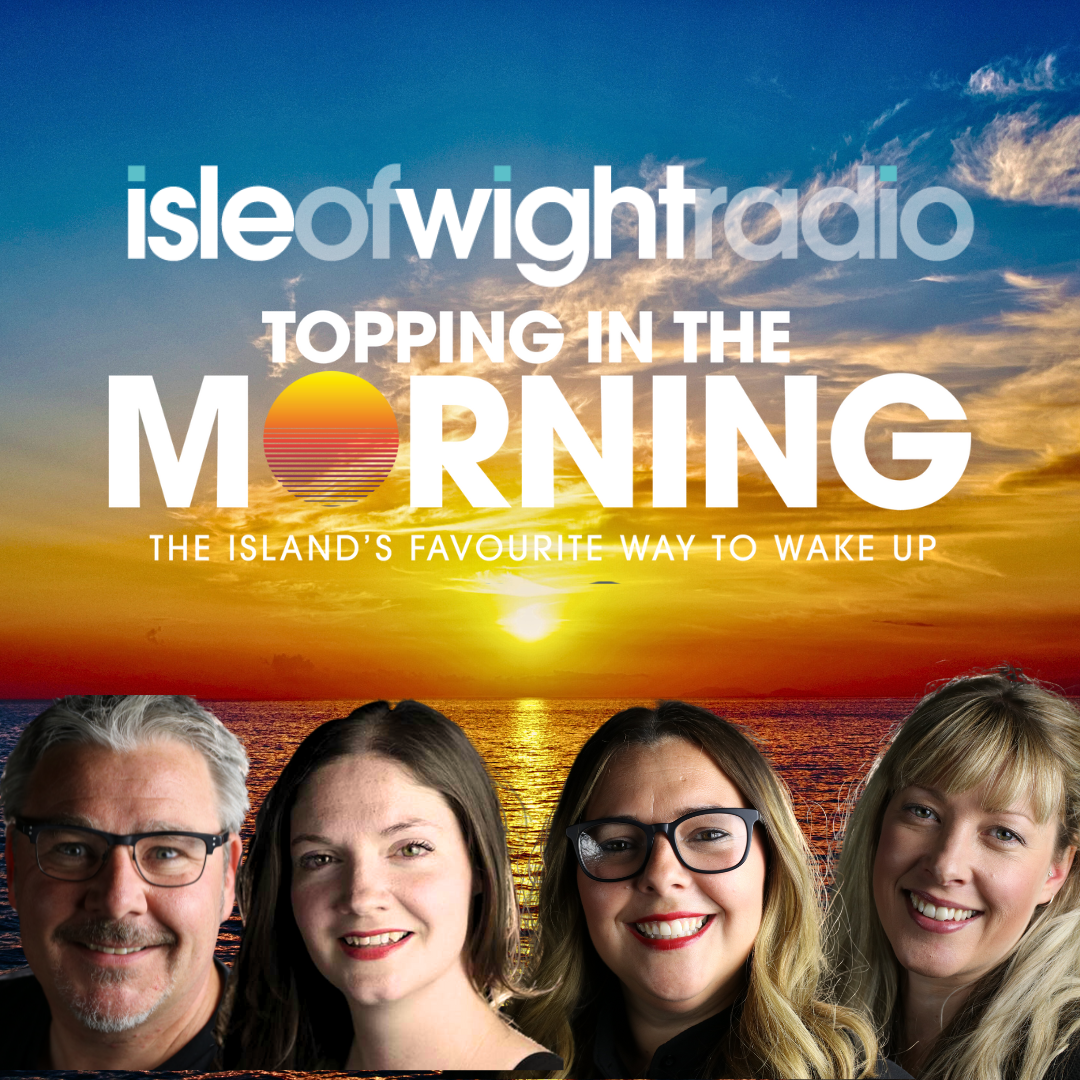
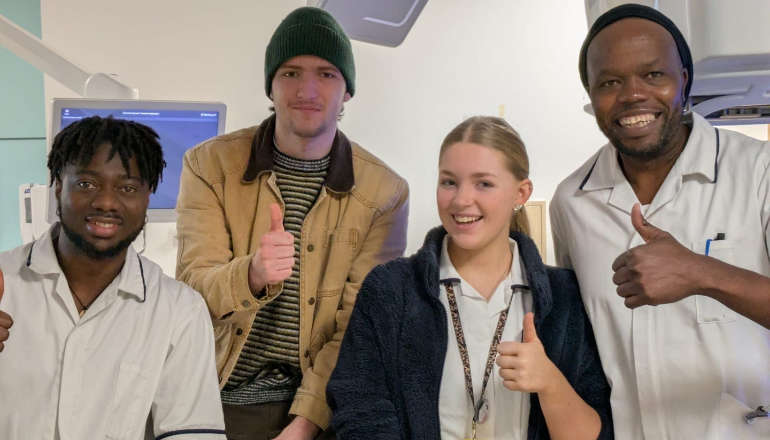 Isle Of Wight Schools Unite For Mufti Day To Support Local Teen Arlo
Isle Of Wight Schools Unite For Mufti Day To Support Local Teen Arlo
 Round The Island Race Entries Open
Round The Island Race Entries Open
 Investigation Underway After Sandown Pharmacy Break-In
Investigation Underway After Sandown Pharmacy Break-In
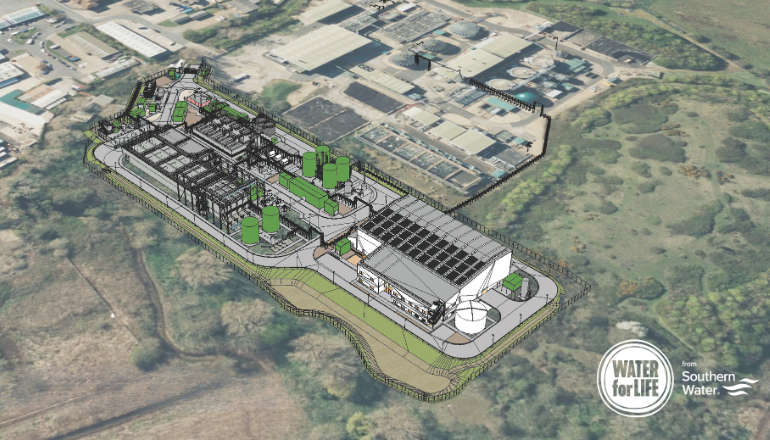 Island Views Sought On New Water Recycling Project
Island Views Sought On New Water Recycling Project
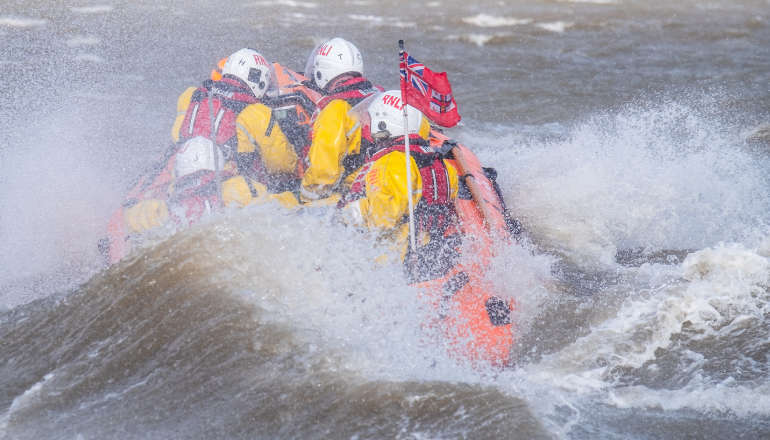 RNLI Urges Public To Stay Safe As Storm Éowyn Hits UK
RNLI Urges Public To Stay Safe As Storm Éowyn Hits UK
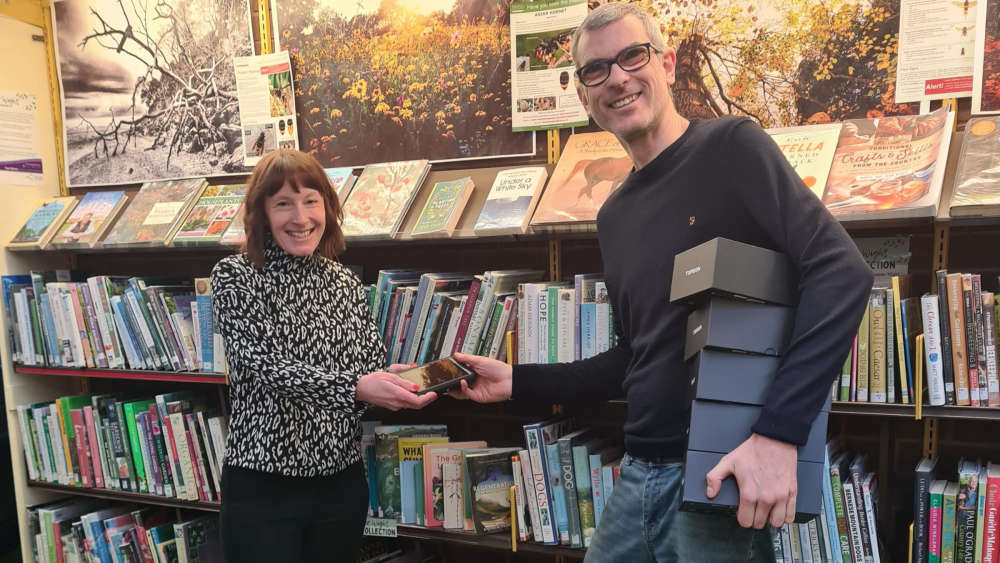 Borrow A Thermal Camera To Find Cold Spots In Your Home
Borrow A Thermal Camera To Find Cold Spots In Your Home
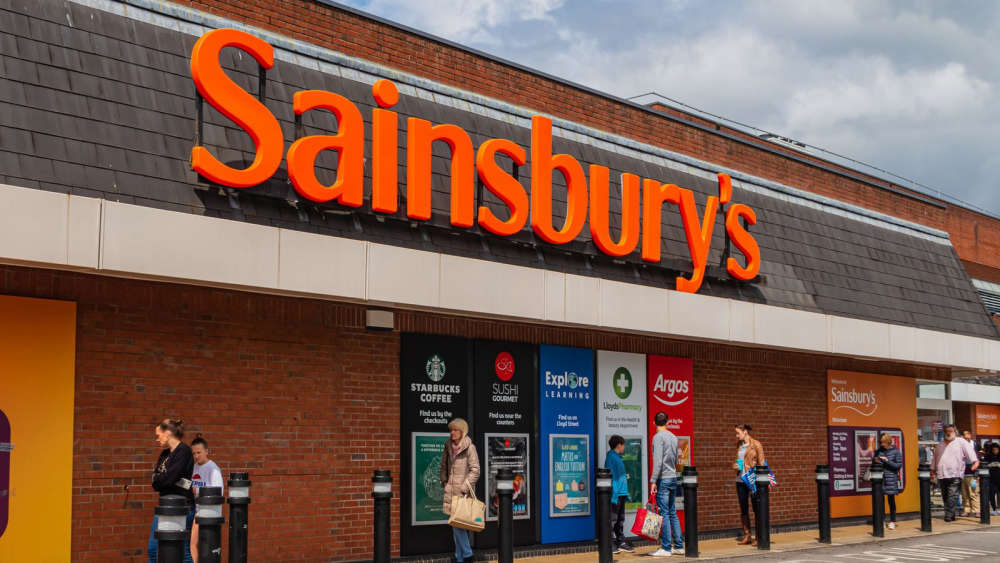 Newport Sainsbury's Café Set To Close As Part Of Supermarket Cuts
Newport Sainsbury's Café Set To Close As Part Of Supermarket Cuts
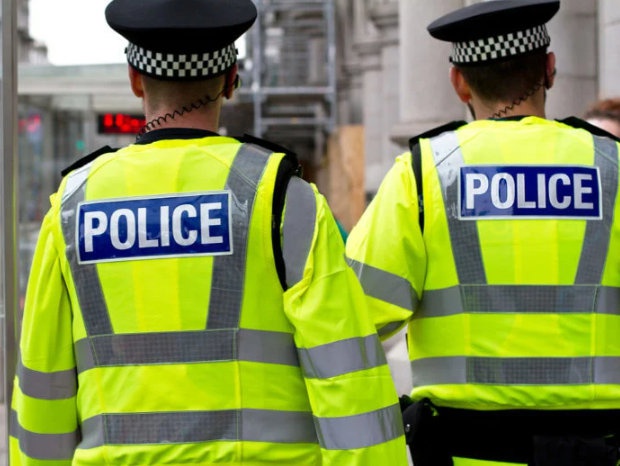 Three Men Charged In Connection With Sandown Hotel Burglary
Three Men Charged In Connection With Sandown Hotel Burglary
 Four Arrested And Two In Hospital Following Newport Burglary
Four Arrested And Two In Hospital Following Newport Burglary
 Hovertravel Set To Reduce Services Due To Financial Pressures
Hovertravel Set To Reduce Services Due To Financial Pressures
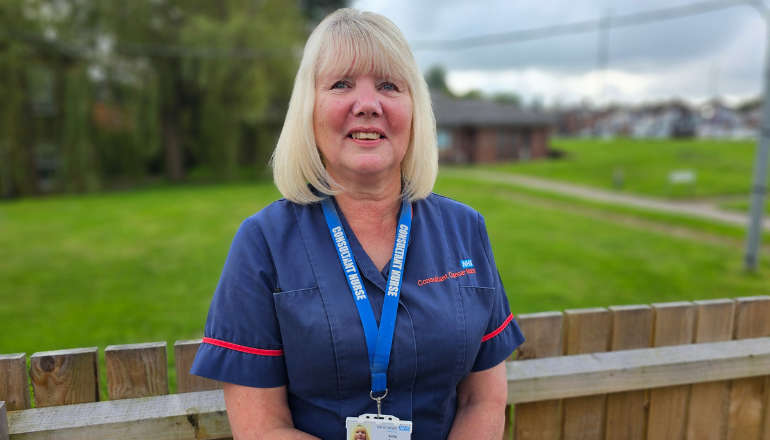 Islanders Invited To Share Experience Of Cancer Treatment
Islanders Invited To Share Experience Of Cancer Treatment
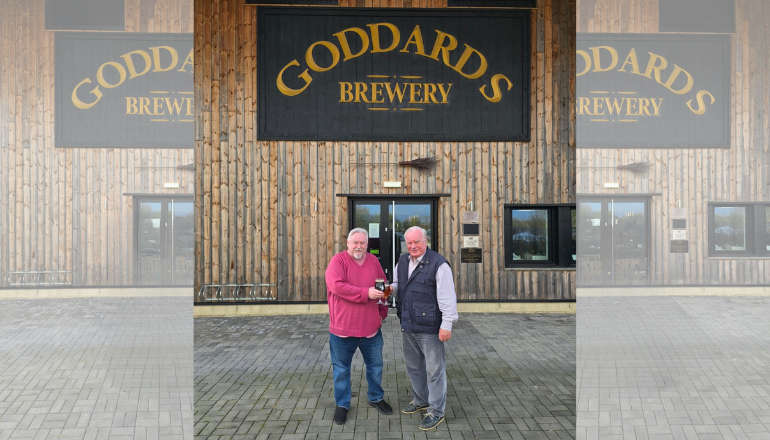 Powder Monkey Group Acquires Goddards Brewery
Powder Monkey Group Acquires Goddards Brewery
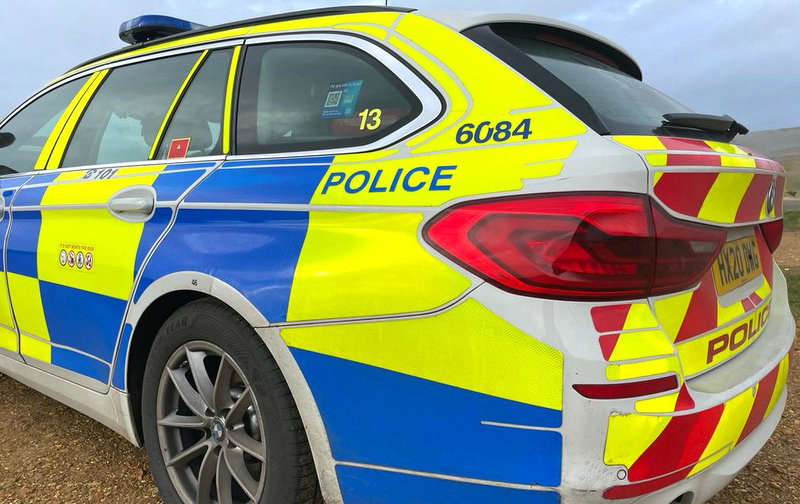 Primary School Locked Down After Man Enters In Need Of Medical Assistance
Primary School Locked Down After Man Enters In Need Of Medical Assistance
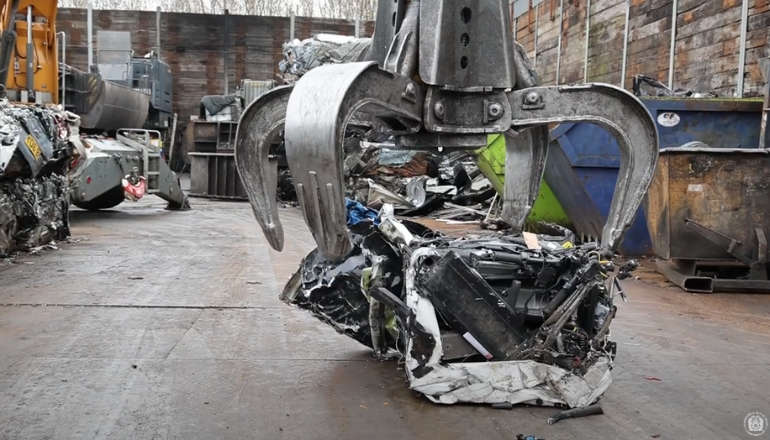 Criminals Dealt Crushing Blow As Seized E-Scooters And Electric Motorcycles Destroyed
Criminals Dealt Crushing Blow As Seized E-Scooters And Electric Motorcycles Destroyed
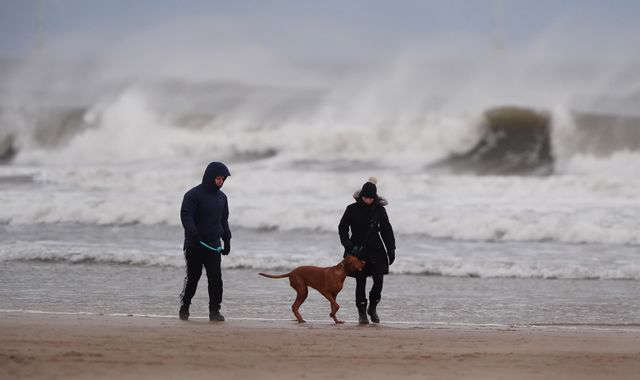 Isle Of Wight Weather Warnings Issued With Storm Éowyn Forecast To Bring 80mph Winds
Isle Of Wight Weather Warnings Issued With Storm Éowyn Forecast To Bring 80mph Winds
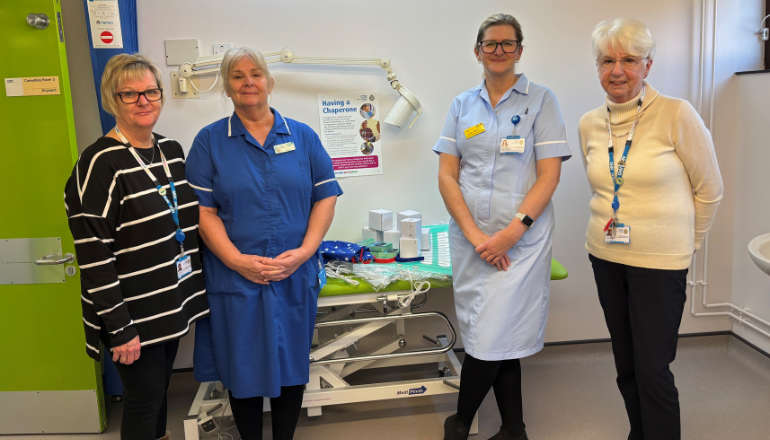 Friends Of St Mary’s Hospital Donate £27,000 To Support Patients And Staff
Friends Of St Mary’s Hospital Donate £27,000 To Support Patients And Staff
 Wightlink Invests In Its Portsmouth Car Ferry Port
Wightlink Invests In Its Portsmouth Car Ferry Port
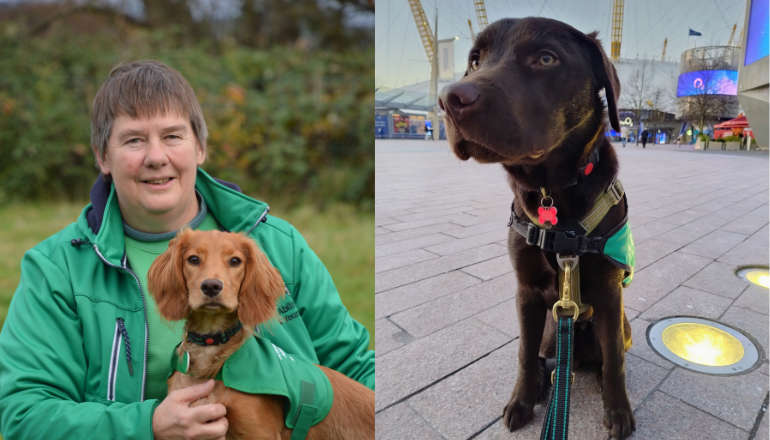 Isle Of Wight Charity Leader Honoured With BBC One Show Recognition
Isle Of Wight Charity Leader Honoured With BBC One Show Recognition
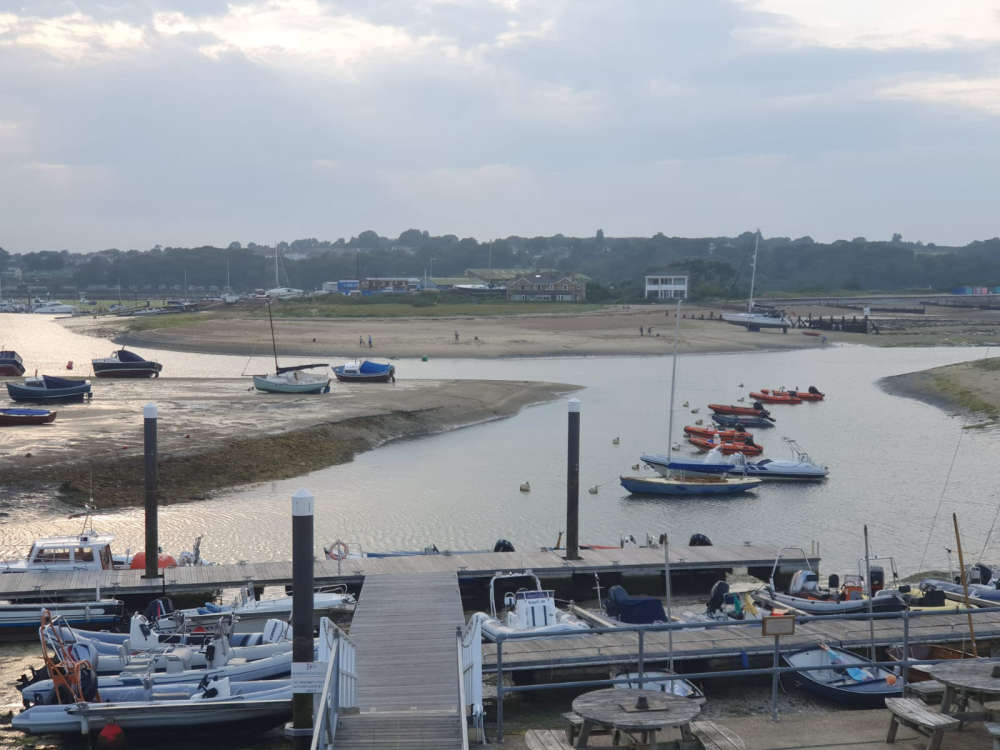 Harbour Dredging To Continue In Bembridge
Harbour Dredging To Continue In Bembridge


